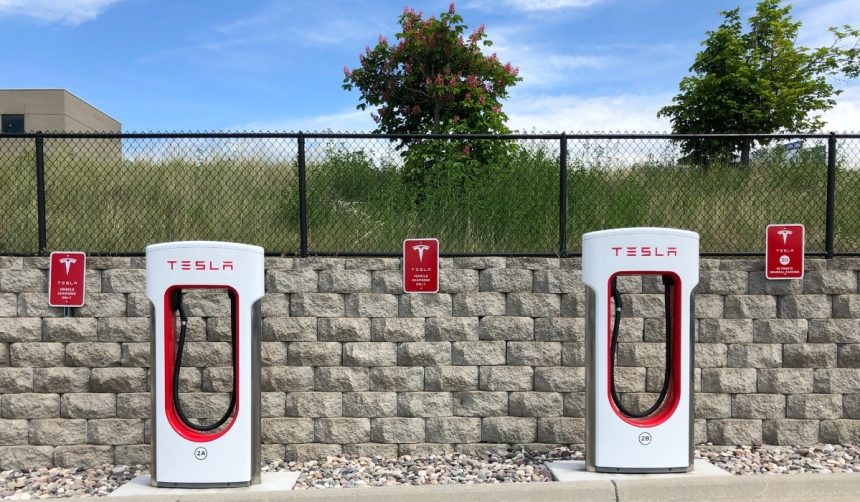U.S. President Donald Trump’s recent decision to impose tariffs on imports from Canada, Mexico, and China marks a significant shift in trade policy. The new tariffs, set at 25% for Canadian and Mexican goods and 10% for Chinese products, are slated to take effect on Tuesday. This move has already begun to affect major industries, including Tesla and other automakers, signaling potential widespread economic repercussions. Businesses and consumers alike brace for the changes as the global market reacts to these developments.
The current tariffs represent a more extensive approach compared to previous trade measures, reflecting an intensified effort to rebalance trade relationships. Earlier instances of tariff implementations were narrower in scope, targeting specific industries or issues. This broader application underscores a strategic pivot aimed at addressing long-standing concerns, potentially leading to more significant disruptions in international trade dynamics and domestic manufacturing sectors.
Details of the New Tariffs
The Trump administration announced a 25-percent tariff on imports from Canada and Mexico and a 10-percent tariff on products from China. These tariffs are intended to combat illegal drug imports, including fentanyl, and address immigration issues. Canada responded by imposing its own 25-percent tariff on $155 billion worth of U.S. products. Prime Minister Justin Trudeau stated:
“Canada will impose a 25% tariff on $155 billion worth of U.S. goods to ensure fair trade practices.”
The White House justified the tariffs by highlighting the need to hold trading partners accountable for stopping the flow of illicit drugs and reducing illegal immigration. The administration emphasized that these measures were necessary to protect American interests and promote domestic manufacturing.
Industry Reactions and Challenges
The auto industry has expressed significant concern over the new tariffs, with potential implications for profitability and employment. Flavio Volpe, President of the Canada Automotive Parts Manufacturers’ Association, commented:
“The auto sector is going to shut down within a week. At 25 percent, absolutely nobody in our business is profitable by a long shot.”
John D’Agnolo, the union president of a Ford factory in Windsor, Ontario, warned of substantial job losses:
“We’re talking about thousands and thousands of jobs being lost. We’d truly be a ghost town here in Windsor if we lost this type of business.”
Ontario Premier Doug Ford echoed these concerns, suggesting that up to 500,000 jobs across the province could be at risk, particularly within the automotive sector.
Economic Implications for Consumers
Consumers may face higher prices as businesses pass on the increased costs resulting from the tariffs. Aruna Anand, CEO of Continental AG’s North American division, stated:
“The question is who is absorbing the price and it becomes, are we able to absorb that price or is it going to be shifted to the end consumer?”
While some businesses might absorb the costs, initial research suggests that consumers are likely to see higher sticker prices across the industry. This shift could affect the affordability of vehicles and related products, potentially reducing demand and impacting overall market dynamics.
The implementation of these tariffs could lead to long-term changes in the supply chain strategies of automakers like Tesla, which rely on global parts suppliers. Adjusting to these tariffs may require significant restructuring and investment in domestic production capabilities.
Navigating the new trade landscape will be crucial for companies aiming to maintain competitiveness and profitability. Consumers and businesses alike will need to adapt to the evolving economic conditions brought about by these tariff changes.
The interplay between government policy and industry response will shape the future trajectory of the U.S. auto sector, influencing everything from employment rates to consumer pricing and international trade relations.
Ultimately, the success of these tariffs in achieving their intended goals will depend on their ability to mitigate illegal activities and improve trade balances without causing undue harm to key industries and the wider economy.










